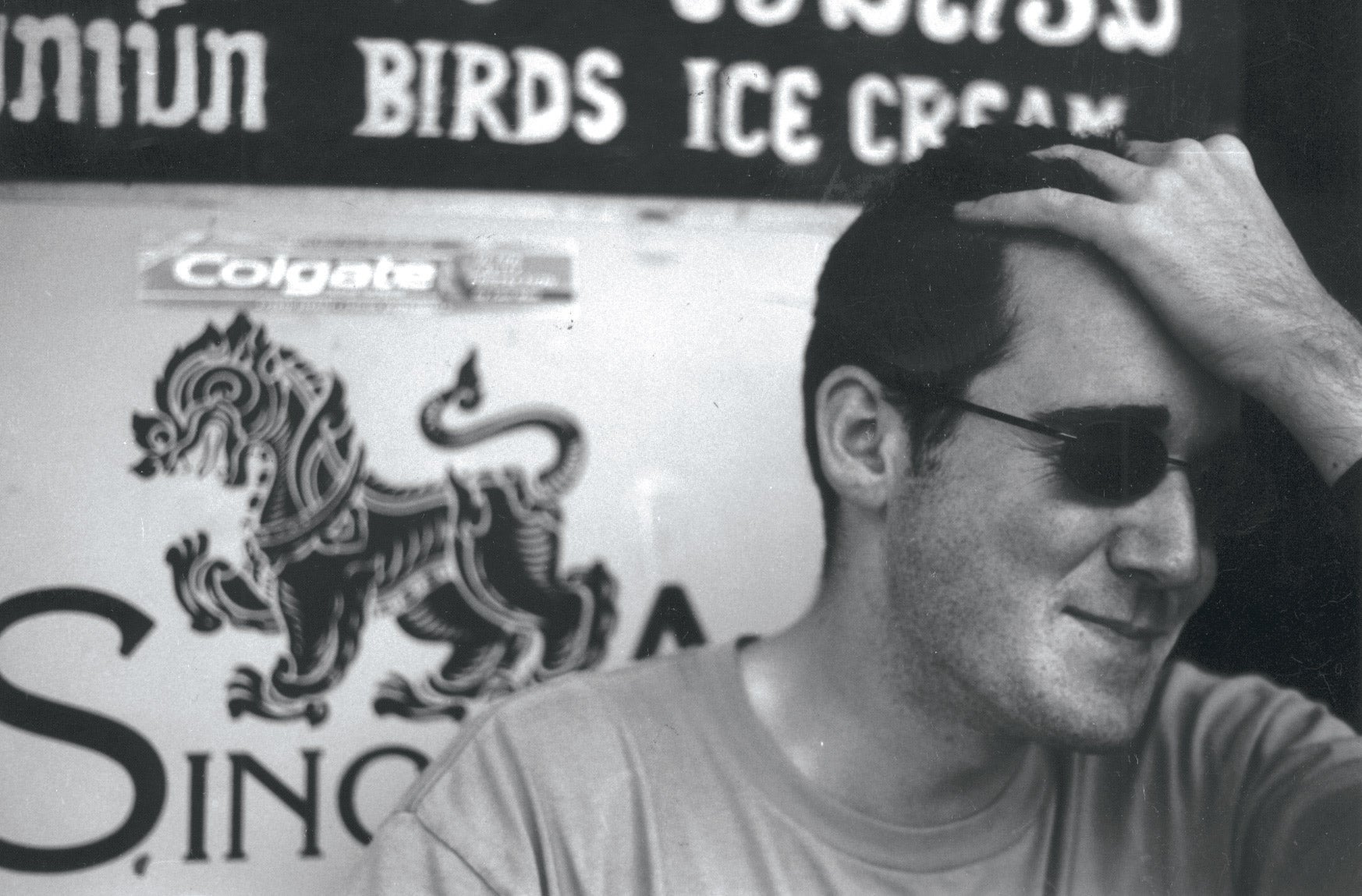
about his experiences in Laos.
When Brett Dakin ’03 was living in Laos, he sneaked into a performance not meant for foreigners, commemorating the founding of the Lao People’s Revolutionary Party. At the end of the long dramatization of a mythic struggle from days of French colonization, when the lights went up and he was clapping vigorously, the Communist Party members who had surrounded him had slipped out; for them, the play was simply an irrelevant obligation. Dakin was left in the empty auditorium with his enthusiasm and his questions.
When Dakin first went to Laos, he hoped to understand the drama of life under a Communist, one-party government. As it turned out, what he witnessed wasn’t a sweeping spectacle of bold revolutionary fervor but smaller stories of individuals trying to make a go of it in a developing country with limited freedoms, and no clearly preferable alternative in sight. His book, published this spring, tells some of these stories. It’s titled “Another Quiet American,” with a nod to Graham Greene’s depiction of the dangers of American enthusiasm.
Fresh out of Princeton, Dakin didn’t want to be just another foreigner passing through on a tour of Southeast Asia. He’d lined up an internship as a language and marketing consultant for the National Tourism Authority of Laos, in Vientiane, the country’s capital. Sometimes it seemed his strongest credential was his white skin (Caucasian Westerners, he found, were granted a measure of respect simply for being white). But he figured he was free labor, like so much international aid and foreign consulting that poured into the country. And he had to be more helpful than the mysterious, unwieldy office equipment that arrived unsolicited.
Dakin had wondered whether his co-workers and neighbors would resent him because he was an American. He knew that because of U.S. efforts to quash Communist forces, Laos was the most heavily bombed country per capita in the history of warfare. People are still killed every year when leftover ordnance explode.
As it turned out, most everyone was extremely welcoming. Yet Dakin believes that “below the surface, there is an inherent resentment of American power that comes from having been on the receiving end of American might.”
When American bombs hit the Chinese Embassy in Belgrade in 1999, Dakin saw evidence of this resentment. His students at the NTA never doubted that America had targeted the embassy. Simply because, “That’s what the U.S. does. They just go around bombing people they don’t like.” Yet the same students were fans of American popular culture and longed to come to the United States.
Dakin saw a similarly complicated relationship toward Laos’ neighbor Thailand. Lao people love things that Thailand produces but view Thailand’s unchecked development, AIDS and prostitution as a nightmare they want to avoid at all costs.
Dakin says his time in Laos was like a dream–a time of unparalleled freedom. He traveled the unpaved streets of the city’s capital on his motor scooter, went to festivals, hung out with his Lao neighbors, got to know the expat community. It was a deliciously relaxed life that he sometimes saw himself holding onto. But then he thought about some of the expats he met, who never really became part of Lao society but seemed afraid of returning to fast-paced American culture.
Dakin says he felt his freedom especially acutely because he was aware that most Lao people around him did not have it. As his co-workers told him their stories, he heard about how the wrong political connection made it impossible for them to advance, how ambition had nowhere to go. He also saw that, despite increased government openness to foreigners, “people did not feel free to speak openly about the government and the current economic and political situation.” Nor was there any free press.
There isn’t much opportunity to read about Laos in the American press, and Dakin hasn’t visited since he came back to the states to attend law school. He’s developed an interest in public international law, serving this year as co-editor in chief of the Harvard Human Rights Journal. Although Laos now seems worlds away, he says he still thinks about the lessons his students taught him. “There is an extraordinary reserve of good will toward America and toward American culture and ideas that is essentially ready for the taking,” said Dakin. “But time and time again the United States seems to stomp on that reserve of good will and try people’s patience.”
“Another Quiet American” is scheduled to be published by Asia Books at the end of May and to be available through Amazon.com in late June.
